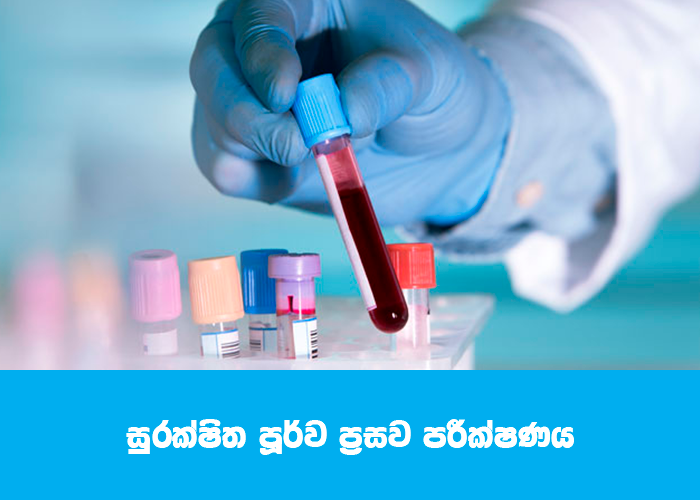What is Non-invasive G scan
Non-invasive Gscan is a method based on modern DNA technology. Non-invasive Gscan is performed after 10 weeks of pregnancy. It determines whether the child has any genetic abnormalities.
These genetic mutations can be hereditary or occur randomly. Down’s syndrome, which is a more common genetic mutation, causes mental and physical disabilities, and it has been found that this condition is not hereditary and appears randomly.
The Non-Invasive Gscan test can help diagnose many genetic diseases. You can get this test in two ways.
1. Aneuploidy testing
• Down’s syndrome (trisomy 21)
• Edward syndrome (trisomy 18)
• Patau syndrome (trisomy 13)
2. Aneuploidy testing and microdeletion risk testing
do you know?
That the baby’s DNA circulates in the mother’s bloodstream
Why is Non-Invasive Gscan the most successful method?
Safety
This test is extremely safe. So there is no risk of miscarriage. The risk of miscarriage in other tests such as amniocentesis and chorionic villus sampling (CVS) does not exist in the Non-Invasive Gscan method.
Other unique features
• Convenience
This test requires only a sample of the mother’s blood. The test is done by extracting the child’s DNA present in the sample.
• Fast detection
This test can be done after 10 weeks of pregnancy and can detect medical conditions sooner than other tests that should be done after pregnancy.
• Gender identity
The gender of your baby can be determined after 10 weeks of pregnancy.
• Accuracy
The results of this test are very accurate and have comparatively reported an accuracy of over 99%.
Are you eligible for this test?
Any pregnant woman can undergo this test. However, if the following points apply to you, you are better suited to get tested.
• Must have completed 10 weeks of pregnancy.
• If you are over 35 years of age
• If the child has a genetic mutation in a previous birth
• If inherited genetic mutations have been reported
• If undergoing IVF treatment


